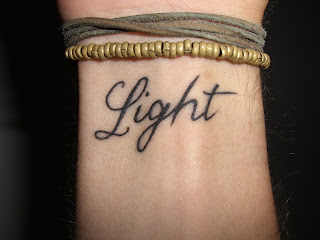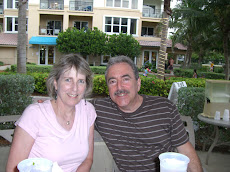
Sunday, July 22, 2007
Sun's intensity facinates
Saturday, July 07, 2007
Time Warping and Staying on Course
 I still re-read this Scientific American article on time: here is an excerpt and a link to the article.
I still re-read this Scientific American article on time: here is an excerpt and a link to the article.Speed is one way to jump ahead in time. Gravity is another. In his general theory of relativity, Einstein predicted that gravity slows time. Clocks run a bit faster in the attic than in the basement, which is closer to the center of Earth and therefore deeper down in a gravitational field. Similarly, clocks run faster in space than on the ground. Once again the effect is minuscule, but it has been directly measured using accurate clocks. Indeed, these time-warping effects have to be taken into account in the Global Positioning System. If they weren't, sailors, taxi drivers and cruise missiles could find themselves many kilometers off course.
What about going backward? This is much more problematic. In 1948 a scientist produced a solution of Einstein's gravitational field equations that described a rotating universe. In this universe, an astronaut could travel through space so as to reach his own past. This comes about because of the way gravity affects light. The rotation of the universe would drag light (and thus the causal relations between objects) around with it, enabling a material object to travel in a closed loop in space that is also a closed loop in time, without at any stage exceeding the speed of light in the immediate neighborhood of the particle. The solution was shrugged aside as a mathematical curiosity--after all, observations show no sign that the universe as a whole is spinning. His result served nonetheless to demonstrate that going back in time was not forbidden by the theory of relativity. Indeed, Einstein confessed that he was troubled by the thought that his theory might permit travel into the past under some circumstances.
Wednesday, July 04, 2007
Subscribe to:
Comments (Atom)


 I was blogging about a science story today that discusses the sun's power. After looking at images of the sun, I found it amazingly beautiful. It has inspired a painting. In the meantime, here are some beautiful photographs that google has provided for us.
I was blogging about a science story today that discusses the sun's power. After looking at images of the sun, I found it amazingly beautiful. It has inspired a painting. In the meantime, here are some beautiful photographs that google has provided for us.




